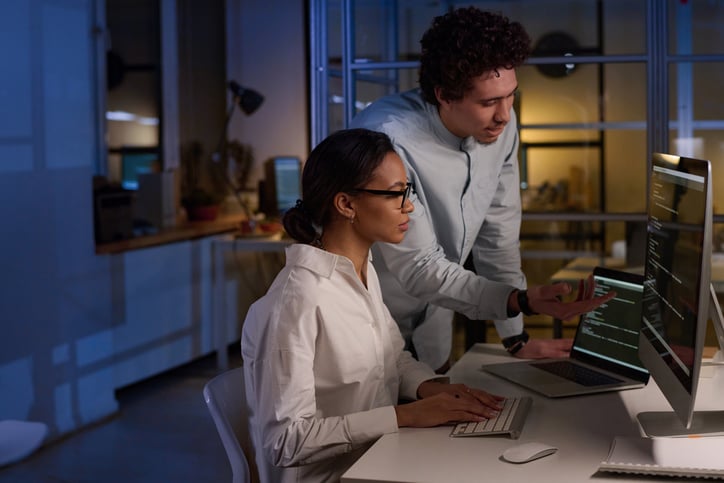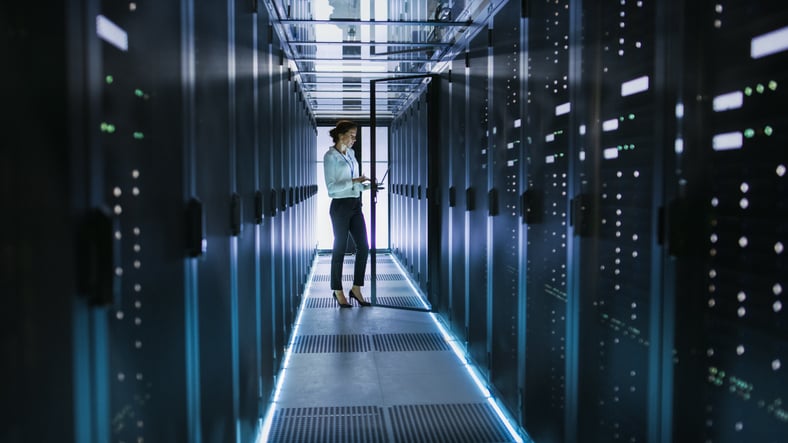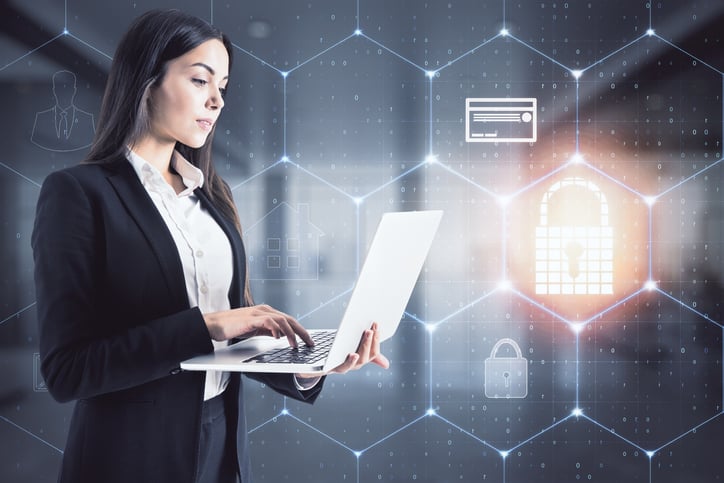It's "Why-Fi," not "We-Fee" ... long are the days that people don't know how to pronounce Wifi... but most consumers and businesses still aren't knowledgeable when it comes to public wifi.
Take this example - your team is out of town, preparing for the big presentation at a little coffee shop around the corner from your pitch meeting. Your sales guy is sharing a few files with your marketing whiz via email when all of a sudden their computers crash. It may just be old tech, but it also could be that so-called "trusted connection" you made on public wifi. Hackers sneak in that slight opening, and all of a sudden, your months of hard work are about to go down the drain.
"You're rolling the dice every time you log on to a free network in a coffee shop, hotel lobby, or airport lounge." - Harvard Business Review.
Don't let this happen to you. Constant vigilance is needed in today's digital world, and when connecting to the internet, you must be careful. Here are a few tips for keeping your team safe.
Five Ways to Stay Safe on Public Wifi
Never Give Up Personal Information
This should seem obvious. But we're going to start with it anyway. Stop giving away your personal information. It's that easy. If a business requires you provide an email address or phone number to use their internet... GET OUT.
If you absolutely must use the internet source, make sure to sign up with that fake email you have... like FunTimeAllTheThyme2004@yahoo.com. Why? Because most spamming attacks come via email.
In fact, according to Barkly research, roughly 1 in 130 emails contains a digital attack. So, when you give out your email address and get that spammy marketing message a few days later, you're in danger. Which leads us to the next key tip.
Try to use only Trusted Sources
The first thing to note here is that the concept of trusted sources is a debatable topic. There are zero "100% safe" public networks. On one hand, there are places like Starbucks that have a higher trust level than others, like your mom & pop coffee shop. On the other hand, higher trust doesn't mean full trust.
Remember, just because a source is more trusted, doesn't mean hackers aren't still waiting in that network. You still don't know what is happening within the public network or who is controlling or monitoring the router you're shipping data through. Hackers often create false networks that mimic real ones, then set up pop-ups to trick you into downloading malware and other viruses. Encrypted sites offer more trust, but is it enough?
Do you know the difference between HTTP and HTTPS? Basically, the former is your heading for an unencrypted site - aka, a dangerous site. Earlier this year, Google's Chrome browser began tipping you off to these unencrypted sites. While these are dangerous sites no matter where you log-on, they double in danger when you're on public wifi. So, definitely keep your eyes peeled for the below warning, and then heed it and get out!
Avoid Checking Personal Mail Boxes
Another one that seems basic, but needs to be stated. Checking your personal email while on public wifi is a big no-no. It's the easiest way for a hacker to gain access to your personal data. According to a privatewifi.com infographic, 71% of respondents had checked their personal email while on public wifi. Even worse, between 11-13% of respondents had checked online banking information, used a credit card, or accessed private business documents. We're not saying you shouldn't be using wifi, but for these high-security items, we really recommend stepping up the protections. Here is the best way to do just that.
For those fancy folks, use a VPN
Using a VPN (virtual private network) is your safest option for web-browsing, whether you're on public or private wifi. In laymen's terms, a VPN keeps your account on lockdown... protecting your data from external parties via encrypted password. There are thousands of VPN options, and while many are free, most digital gurus will tell you that a VPN should be purchased. Resources like That One Privacy site identify the best options for safe VPNs.
Once you have your VPN, connecting is easy. Simply jump to a specific website to setup up passwords, firewalls, and antivirus software to help defend your computer. From there, the world is your oyster... well, the digital one.
And if the above is too complicated, remember there is always that one solution that guarantees you won't get pregnant, we mean a virus. Digital abstinence.
When in doubt, don't use public Wifi
If your phone offers wi-fi hotspot ability and you can afford that data, we'd always recommend that over jumping on public wifi. It's not the cheapest option, but it is by far the safest one. And of course, just like pregnancy, the only 100% safe way to protect yourself is to abstain from using the web. But who can do that? The internet is just so awesome, after all.
That's it... that's all we've got. Stay safe out there.

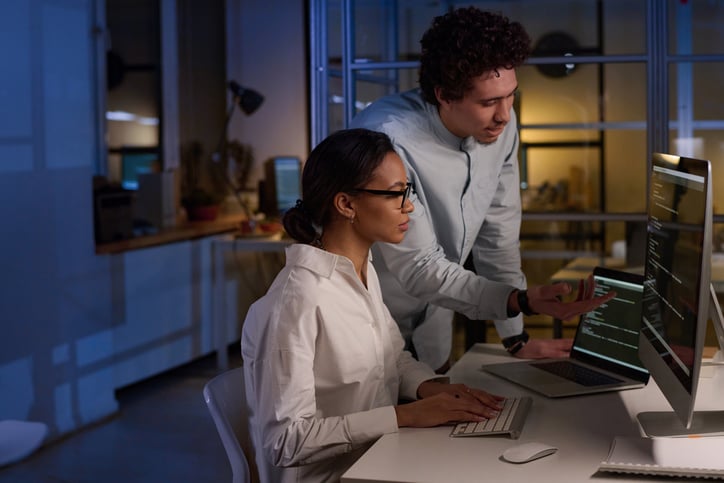
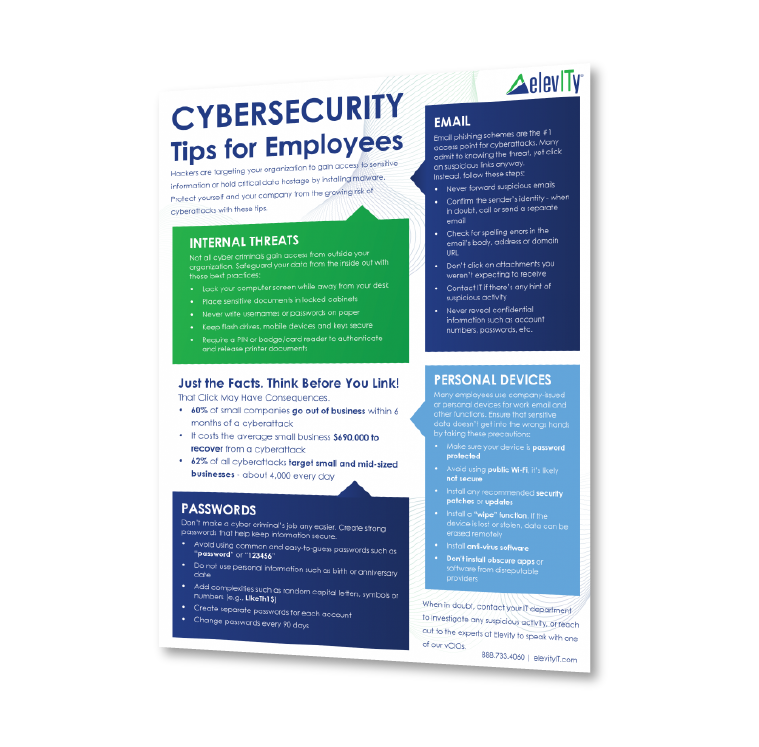


%20cropped.jpg)
